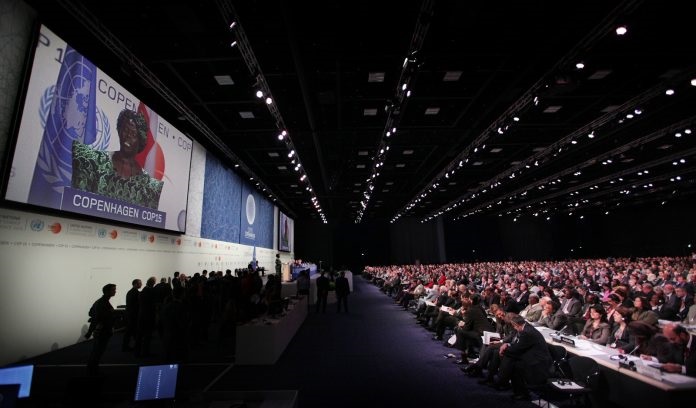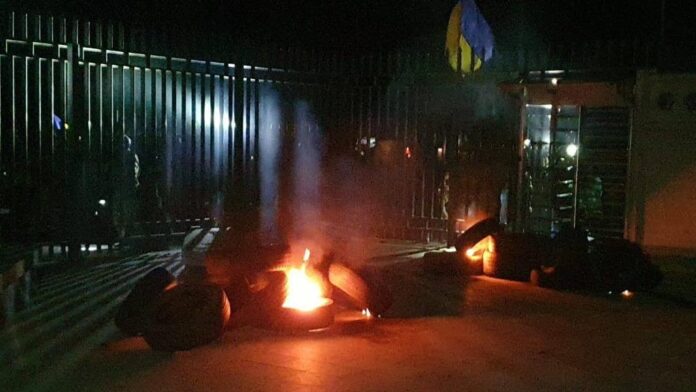Remember COP15 in Copenhagen in 2009? Let the M&G jog your memory. Wealthier nations promised developing countries $100-billion a year until 2020. That money was supposed to be used to reduce greenhouse gas emissions and cope with the climate crisis.
The Landscape of Climate Finance in Africa report says countries on the African continent received only 12% to 15% of their required climate response investment in 2019 and 2020.
Fast-forward to COP26 in Glasgow last year, when wealthier nations pledged $8.5-billion to South Africa for a just transition to clean energy while weaning the country off coal. That money is yet to reach South African hands. Talks are underway to determine how it will be used. The money promised will mostly be in the form of loans, which South Africa can ill-afford.
The question we’re left with is: how will these countries meet this financial requirement when they also face energy crunches? Take Germany for example; the country is part of the partnership but will be turning back to coal because Russia’s gas supply is unsteady. If it is adopting coal, it leads to the question why it would give another country funds to move away from coal.
Call us cynics but it would appear that these climate negotiations are filled with empty promises. This year’s event is hailed as the implementation COP where the hope is that countries will negotiate the actual delivery of the money. The goal is to ensure that the promises made are kept.
Another contentious issue is gas. All signs say several African countries will push for gas, much to the dismay of the West. It’s a cheaper alternative, but not clean. Some regard natural gas as a transition fuel while more sustainable technologies mature.
But gas is a major contributor to climate change (methane), poses serious threats to human health at every stage of its life cycle and its extraction, processing, transport, and use leads to land degradation, air and water pollution, as well as habitat and biodiversity loss.
If wealthier countries are fumbling the money that will make the transition smoother, why would African countries stall their own energy security? If fossil fuels remain affordable and a way for countries to ensure energy security, one cannot deny their appeal.
But the global warming that comes with it is not something the planet, African countries included, can afford.
Countries are left with a major conundrum: use fossil fuels, ensure energy security and damage the future of their children, or suffer with inadequate energy and a struggling economy while getting renewables up and let future generations enjoy a more liveable planet.
The choice is not as difficult as it seems.







